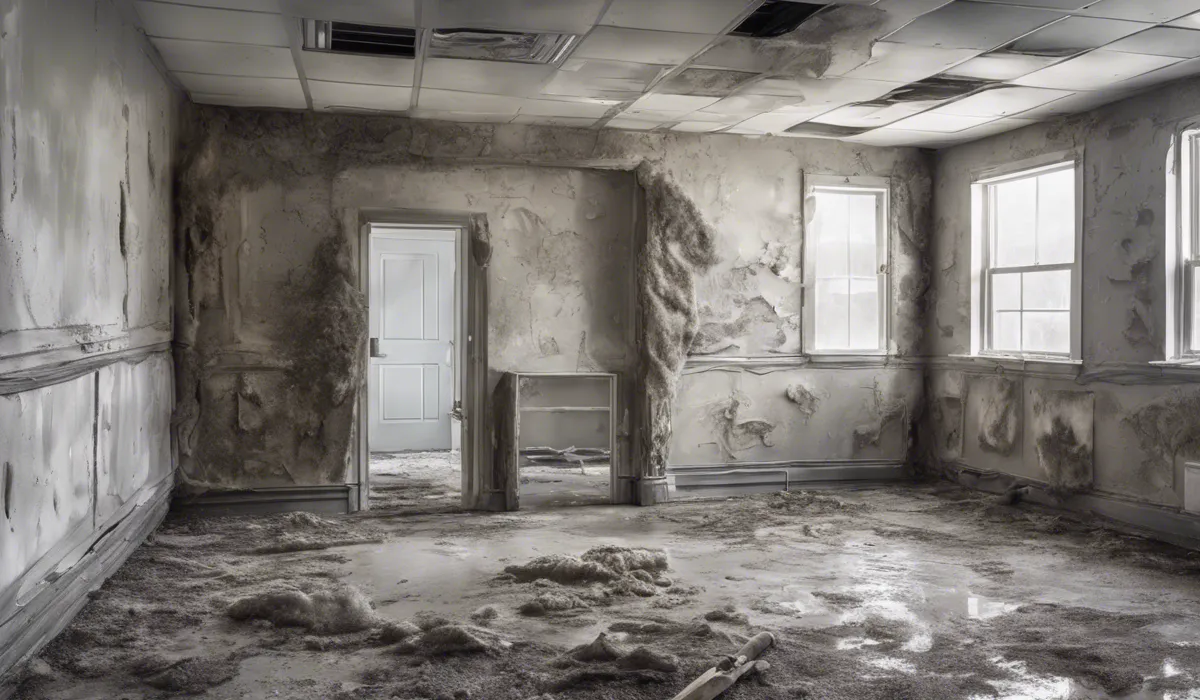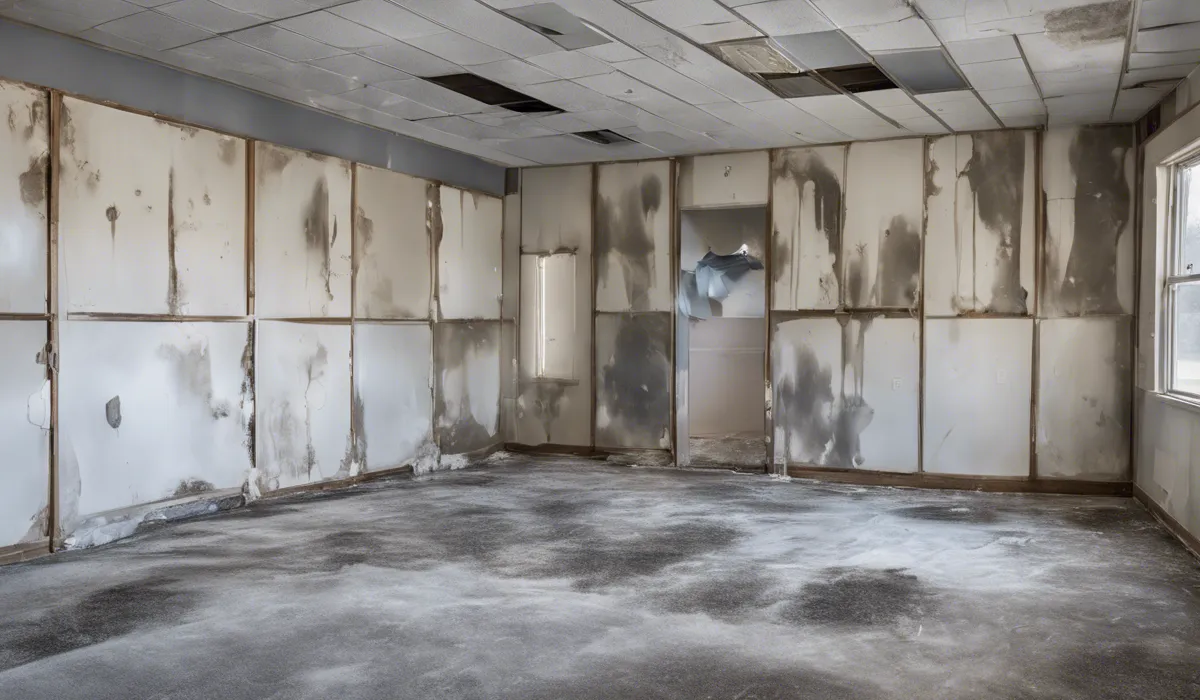To start a mold remediation business, research local regulations and certifications required. Develop a business plan, secure funding, and acquire necessary equipment. Market your services to homeowners and businesses in need of mold solutions.
Understanding Mold Remediation

Definition of Mold Remediation
Mold remediation is the process of identifying, containing, and removing mold from an indoor environment.
It involves cleaning and sanitizing the area, as well as taking measures to prevent future mold growth. This service is essential for maintaining healthy living conditions.
Importance of Mold Remediation for Health and Property
Mold poses significant risks to health, including respiratory issues and allergic reactions. It can also damage property by breaking down materials and compromising structural integrity.
Eradicating mold is crucial for the well-being of occupants and the longevity of buildings.
Potential Market and Demand for Mold Remediation Services
With the growing awareness of indoor air quality, the demand for mold remediation services is increasing.
Homeowners, businesses, and real estate professionals seek these services to protect their investments and health.
Legal Considerations and Certifications Required
Starting a mold remediation business requires understanding local regulations.
Entrepreneurs must obtain the necessary certifications to ensure compliance with industry standards and to build trust with clients.
Industry Standards and Best Practices
Adhering to industry standards and best practices, such as those from the Institute of Inspection, Cleaning and Restoration Certification (IICRC), is essential for delivering quality services and maintaining a reputable business.
Developing Your Business Plan

Research and Niche Selection
Before diving into the mold remediation industry, conduct thorough research to identify your niche.
Determine whether you will focus on residential, commercial, or a specific industry to cater to.
Detailed Business Model
Decide if your business will serve residential clients, commercial establishments, or both. This decision will guide your marketing efforts and equipment needs.
Startup Costs and Financial Projections
Estimate the initial investment needed for certifications, equipment, and marketing. Project your financial outlook to ensure long-term viability and secure funding if necessary.
Marketing Strategy and Branding
Develop a strong brand identity and a marketing strategy that reaches your target market effectively. Branding will set you apart in the competitive mold remediation market.
Pricing Strategy
Set competitive yet profitable pricing for your services. Consider the costs of labor, materials, and overhead in your pricing model to remain sustainable.
Plan for Growth and Scalability
Outline a clear plan for expanding your services and scaling your business. Growth strategies may include franchising, diversifying services, or geographic expansion.
Setting Up Operations

Training and Certification for You and Your Staff
Invest in comprehensive training and certification for yourself and your employees to ensure high-quality service and adherence to safety standards.
Purchasing Equipment and Supplies
Acquire the necessary equipment and supplies for mold remediation, such as protective gear, air scrubbers, and moisture meters. This investment is crucial for operational efficiency and safety.
Establishing Safety Protocols
Develop and implement strict safety protocols to protect your team and clients. Safety measures are a top priority in the hazardous environment of mold remediation.
Software and Tools for Business Management
Leverage software and tools for efficient business management. These tools can streamline scheduling, billing, and customer relationship management (CRM).
Building a Professional Network
Establish relationships with suppliers, contractors, and potential clients. A strong network can provide referrals and opportunities for collaboration.
Advertising and Acquiring Your First Customers
Use various advertising channels to reach potential customers. Offer promotions or introductory rates to attract your first clients and start building your reputation.
FAQs About Starting a Mold Remediation Business
What certifications are needed to start a mold remediation business?
Certifications for mold remediation vary by location but often include industry-recognized credentials such as the Institute of Inspection Cleaning and Restoration Certification (IICRC) or the American Council for Accredited Certification (ACAC).
What kind of research is necessary before starting a mold remediation business?
Research should include understanding local regulations for mold remediation, market demand in your area, potential competition, and the latest mold removal techniques and safety protocols.
How does one develop a business plan for a mold remediation company?
A business plan for a mold remediation company should outline your business goals, services offered, marketing strategy, financial projections, and operational plans including staffing and equipment needs.
What equipment is necessary to start a mold remediation service?
Essential equipment includes personal protective gear, HEPA air scrubbers, dehumidifiers, negative air machines, mold-resistant cleaners, and possibly a company vehicle for transport.
How can one effectively market a mold remediation business?
Effective marketing strategies could include creating a professional website, networking with local contractors and real estate agents, using social media, and offering free mold inspections to attract potential customers.
Final Thoughts
Launching a mold remediation business entails understanding local laws and acquiring appropriate certifications.
A solid business plan paves the way for funding and equipping operations. Success hinges on effectively marketing to potential clients, targeting both residential and commercial property owners seeking mold remediation solutions.
